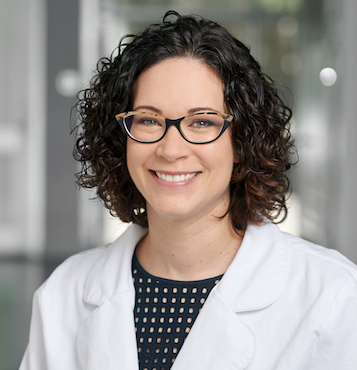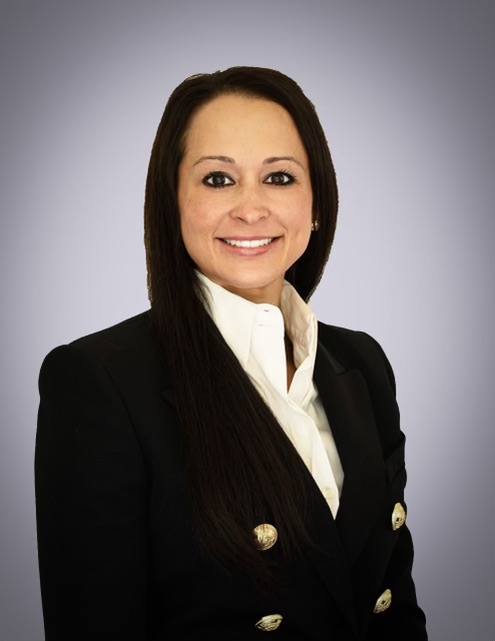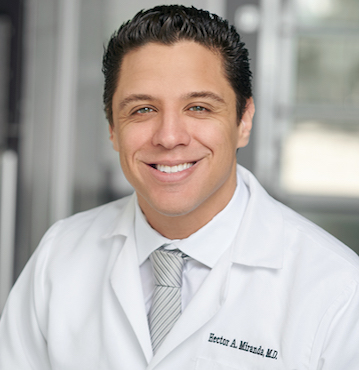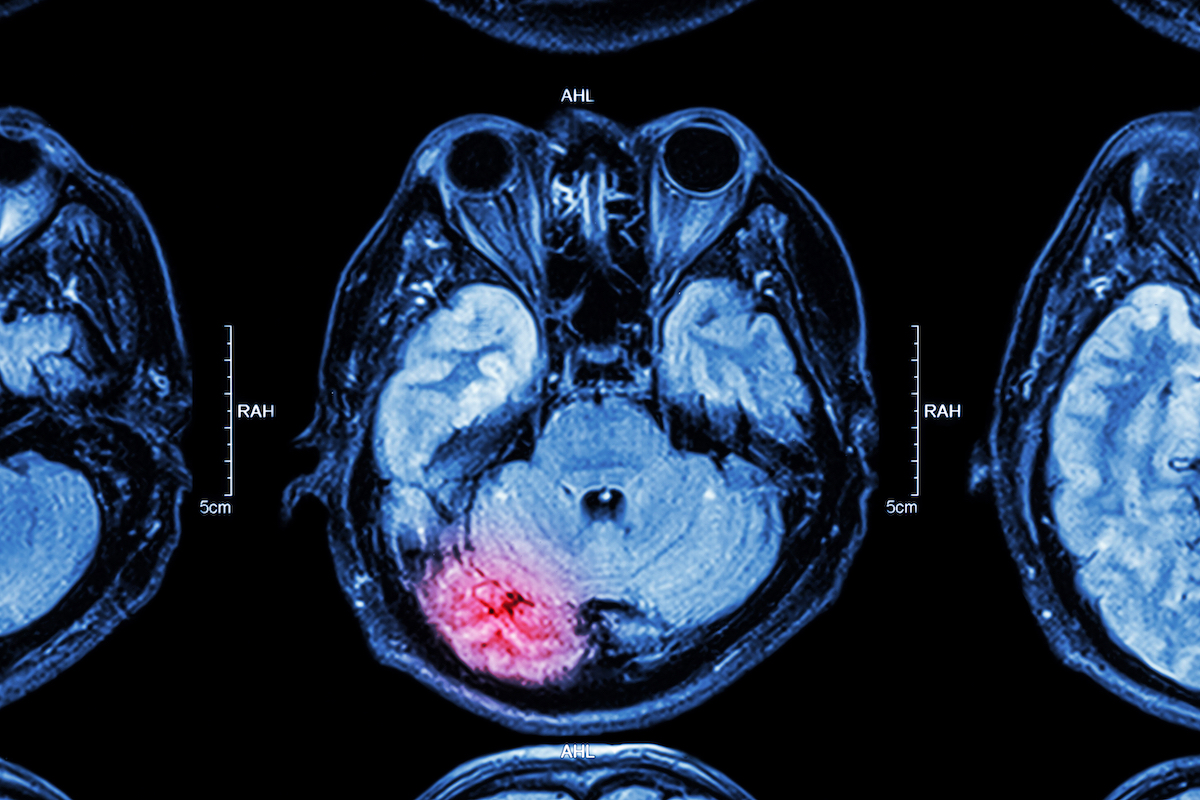
Treatment Following An Accident
The nerves that make up the central nervous system run from the brain and the spinal cord to all other parts of the body to coordinate many voluntary and involuntary actions through the relay of information. Neurological trauma to the brain, spinal cord, or the nerves associated with each, from car crashes, falls, or other accidents can result in traumatic brain injury (TBI), spinal cord injury (SCI), or stretching, compression, and/or laceration of one or more nerves along the spinal cord. This neurological damage interrupts nerve communication, and affects everything from thoughts, movements, and emotions to breathing, heart rate, and other bodily functions.
Neurological trauma to the brain, spinal cord, or the nerves associated with each, from car crashes, falls, or other accidents can result in traumatic brain injury (TBI), spinal cord injury (SCI), or stretching, compression, and/or laceration of one or more nerves along the spinal cord.
Neurological injuries can present in a variety of ways, both mild and severe, but even mild symptoms can point to a larger issue. Symptoms can include one or more of the following:
- Frequent and/or Intense Headaches
- Uncontrolled Spasms or Twitching of Muscles
- Noticeable Numbness, Tingling, or Weakness in the Extremeties
- Partial or Complete Paralyis of Limbs
- Loss of Bladder or Bowel Control
- Difficulty Breathing and Swallowing
While the more obvious symptoms may be apparent on initial examination, other symptoms may not be noticeable until after soreness and inflammation subside, and changes or loss in strength, sensation, and other functioning are more pronounced.
Certain symptoms point to direct damage to spinal nerves, while others result from indirect damage to discs or broken bones pressing or pinching nerves. Nerve damage to peripheral tissues can often be repaired if addressed quickly, so a complete physical and neurological exam is vital to determine the true nature of injury and the best treatment protocol going forward.
Treatment plans can include imaging, observation, surgery, interventional pain management, and rehabilitation therapy, as well as a full range of complementary care such as assessment of body mechanics, chiropractic, and lifestyle modification guidance to improve quality of life with your condition.
If you have been treated for injuries following a car crash, fall, or other accident or trauma and are still experiencing symptoms of nerve injury, contact the nerve injury specialists at Med Injury Rehab for a full neurological evaluation. Once your diagnosis is made, we will formulate an individualized treatment plan design to address your symptoms and help return function, independence, and quality of life.



Conditions Our Doctors Specialize In Treating
| Musculoskeletal Pain | Fibromyaxlia | RSD/CRPS | Discogenic Back Pain | Sciatica | Concussions |
| Headaches | Diabetic Peripheral Neuropathy | Plantar Fascitis | Post-Laminectomy Syndrome | Shingles | Spinal Stenosis |
| Traumatic Brain Injury | Parkinson's Disease | Tremors | Dystonia | Chorea | Myclonus |
List of Procedures We Perform
| Trigger Point Injections / Tendon Sheath Injections | Occipital Nerve Blocks for Headache Treatment | Supratrochlear Nerve Blocks for Headache |
| Supraorbital Nerve Blocks for Headache | Carpal Tunnel Injections | Cervical / Thoracic / Lumbar Epidural Steriod |
| Cervical / Thoracic / Lumbar Facet Blocks | Cervical / Thoracic / Lumbar Radiofrequency Ablation / Lesioning / Neurotomy / Denervation | Sacrolliac Joint Injections |
| Spinal Cord Stimulator Trials and Implants | Pain Pump Implants and Management | Peripheral Joint Injections |
| EMG and Nerve Conduction Studies | Deep Brain Stimulation Calibration | ACDF/Lumbar Fusion/Disc Replacement/Spinal Cord Stimulator |


